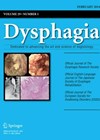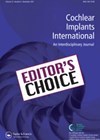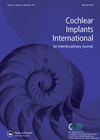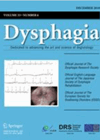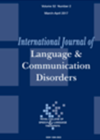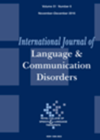
Journal Reviews
Analysing videofluroscopy: does it matter how it’s done?
Videofluoroscopy, as a tool that assesses the process of swallowing, has transformed our understanding of dysphagia. Clinicians can observe the biomechanics of a bolus moving from the oral cavity through the pharynx and oesophagus and into the stomach. Over the...
Music training for cochlear implant users
The ability to enjoy music is something that is important to most people and contributes to wellbeing, as well as holding cultural significance. However, the speech signal is generally prioritised for those with cochlear implants (and indeed hearing aids). Improving...
How to train adults with single-sided deafness and cochlear implants
Cochlear implantation (CI) in patients with single-sided deafness (SSD) has been carried out in Perth, Australia from 2008. It poses challenges to clinicians and patients who are trying to tune in the poorer ear while still having a normally hearing...
Do nasogastric tubes affect aspiration risk?
A nasogastric tube (NGT) is frequently used for patients who are at risk of endotracheal aspiration of oral diet. However, this cannot eliminate the aspiration of saliva. The incidence of aspiration pneumonia in patients with NGT therefore remains high. Some...
PACT or Partners of Aphasic Clients Conversation Training
There is an increasing recognition that families and caregivers of patients require special training to manage their wards. PACT or Partners of aphasic patients Conversation Training is an initiative which aims to improve awareness of methods of communicating with aphasic...
Do implants assist rehabilitation following mandibular reconstruction?
When undertaking mandibular reconstruction, optimal function and aesthetic rehabilitation is the goal. There is no doubt that patients consider chewing, swallowing and speech to be of paramount importance. Following surgery, suboptimal rehabilitation leads to a fall in quality of life...
Early intensive aphasia therapy in stroke patients
The impact of aphasia following stroke is devastating. Very early aphasia rehabilitation studies have been the subject of ongoing debate. This paper describes the comparison of a very early aphasia therapy regimen with a historical ‘usual care’ control group after...

